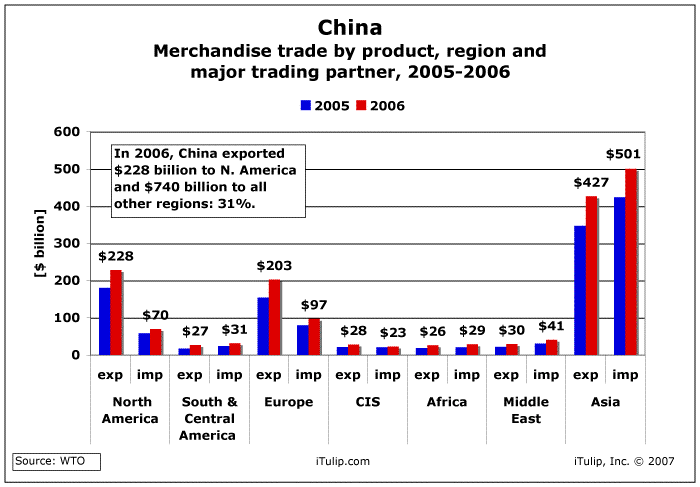Re: The truth about deflation
While EJ has not IIRC explicitly named the bolded item as the trigger, at least one of the "smart itulipers" has mentioned that CDS settlements/defaults over the next few months are a possible milepost.
I.e., if derivatives tank -> chain reaction of deflationary implosions -> the fed would presumably be forced to inflate by any means (AKA monetization) necessary
Originally posted by friendly_jacek
View Post
I.e., if derivatives tank -> chain reaction of deflationary implosions -> the fed would presumably be forced to inflate by any means (AKA monetization) necessary




Comment